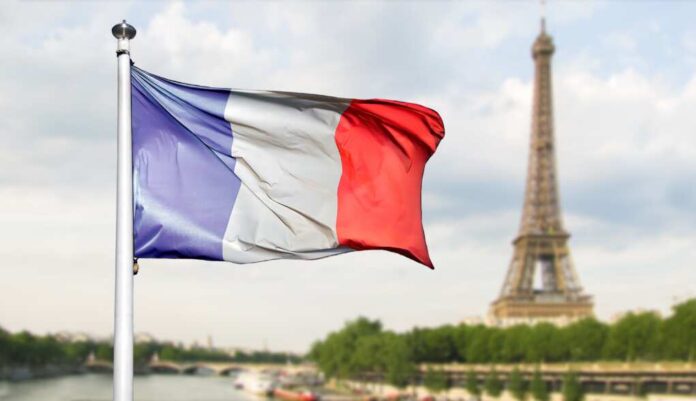
France launches an unprecedented crackdown on organized drug crime, enacting sweeping legislation and arresting 25 suspects following a wave of attacks on the nation’s prison system.
At a Glance
- France’s National Assembly approved a sweeping anti-drug law in a 369–68 vote
- Law creates a national prosecutor’s office for organized crime and toughens penalties
- Police arrested 25 suspects after coordinated attacks on multiple prisons
- The Marseille-based DZ Mafia is suspected of orchestrating retaliatory assaults
- France seized 27.7 tonnes of cocaine in 2022 as European drug markets surged
France’s New Legal Arsenal Against Organized Crime
In response to escalating violence and drug-linked attacks on correctional institutions, France has enacted a sweeping new law aimed at dismantling organized trafficking networks. Passed by the National Assembly with overwhelming support, the legislation establishes a specialized prosecutor’s office for organized crime, enhances penalties for involving minors in trafficking, and enables authorities to shut down businesses used for laundering drug money.
As reported by El País, Justice Minister Didier Migaud warned the violence poses “an existential threat to institutions, to democracy.” France’s interior minister described the situation as a “tipping point,” underscoring the urgency of the new law.
Additional measures include expanding witness protection programs, tightening oversight of high-risk inmates, and granting broader powers to freeze criminal assets. Jurist detailed that these provisions are directly inspired by successful anti-mafia initiatives in Italy.
Prison Attacks Signal Criminal Retaliation
The law’s passage followed a disturbing series of coordinated assaults on French prisons, which began on April 13. Police have arrested 25 individuals linked to firebombing and armed attacks at facilities including La Farlède and Aix-Luynes. These incidents, authorities say, were retribution by trafficking groups resisting tightened prison security policies.
According to Jurist, the suspects now face charges under France’s anti-terrorism laws, including “terrorist criminal association.” Investigators believe the DZ Mafia, based in Marseille, orchestrated the assaults, with incarcerated gang leaders allegedly directing the attacks from behind bars.
This violent escalation prompted immediate reinforcements at prison facilities nationwide and accelerated the rollout of the new anti-crime measures.
Marseille at the Epicenter of Drug Violence
France’s southern port city of Marseille has become the symbolic battleground in the fight against drug trafficking. The city recorded 42 drug-related murders in the first half of 2024 alone. In one incident, suspected gang members set fire to police vehicles outside a station in Cavaillon.
Justice officials have made Marseille a focal point of the new anti-drug campaign. Efforts include increasing staffing at the Paris Prosecutor’s Office by 40%, appointing new judges to expedite prosecutions, and placing a liaison magistrate in Bogotá, Colombia, to strengthen international coordination.
France Unbowed, the only party opposing the bill, voiced concern over its effectiveness. MP Ugo Bernalicis told Jurist, “We still believe that this bill will be, for the most part, inefficient,” arguing that it fails to address the social roots of trafficking.
Europe’s Cocaine Market and the Road Ahead
The legislative crackdown occurs amid a regional crisis: Europe is now the world’s largest cocaine market. In 2022, French customs agents seized 27.7 tonnes of cocaine, reflecting both increased trafficking and enhanced interdiction efforts.
France’s new law also includes financial measures such as requiring proof of funds for vehicle purchases and broadening the government’s ability to seize and freeze criminal assets. The goal, as officials emphasize, is to dismantle trafficking operations from the top down.
Labeling drug trafficking a “national cause,” Justice Minister Migaud said the fight could last “10 to 20 years”—but insisted France is committed to breaking the grip of organized criminal empires. As drug cartels attempt to expand their territorial control, France’s aggressive strategy may well become a model for the rest of Europe.




















